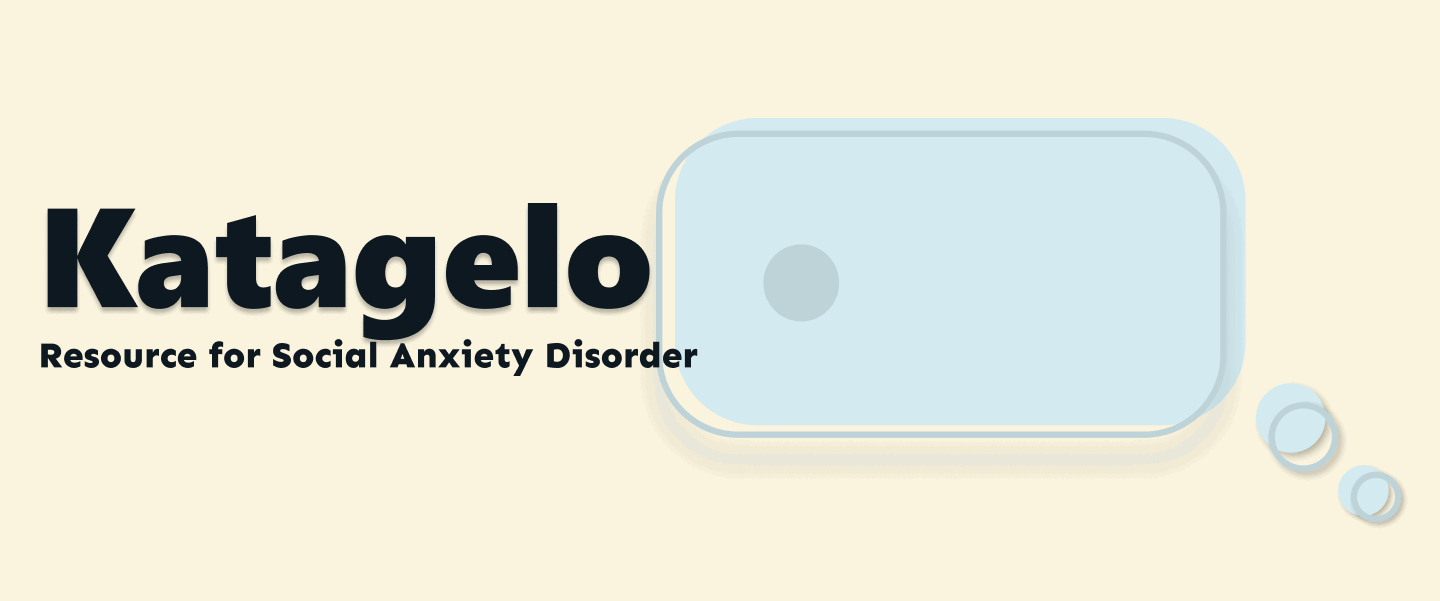
katagelophobia
/ kat-tah-jeh-loh-FOH-bee-ah /
(n.) an intense fear or dislike of embarrassment or ridicule
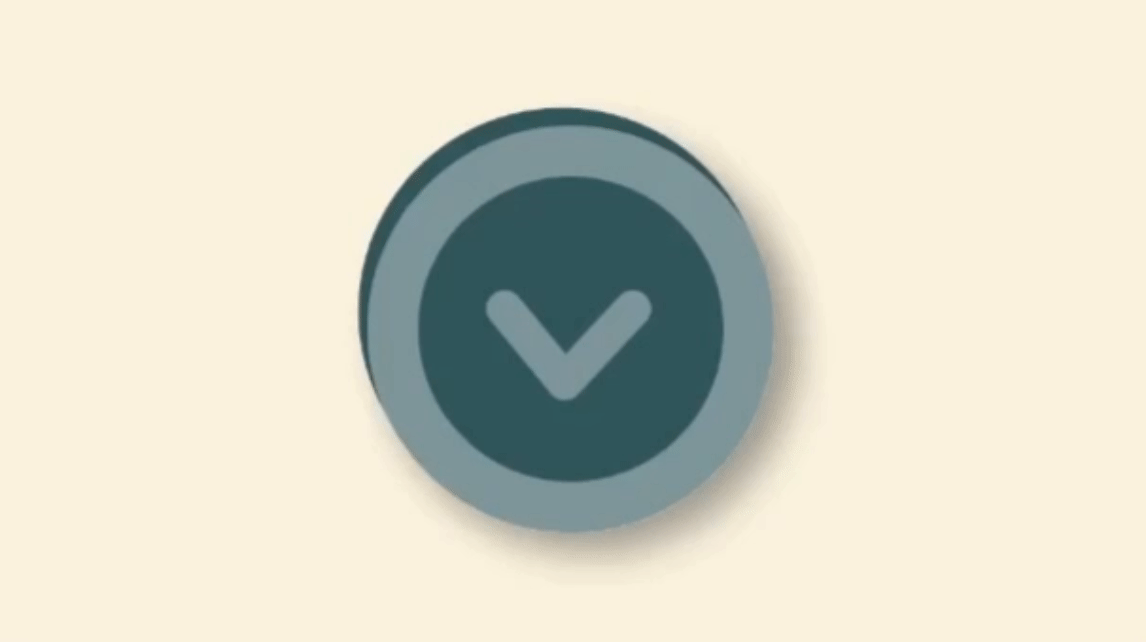
Scroll down to learn about social anxiety
What is Social Anxiety Disorder?
Social anxiety disorder is a type of anxiety disorder in which a person feels anxiety or fear about situations where they could potentially be negatively judged or watched by others.

Some people experience social anxiety in specific types of situations (ex. performing in front of others, eating in public), while others experience anxiety in most or all forms of social situations.
What it's like
Here are some common feelings of social anxiety:

Worrying about everyday activities that require social interaction
(such as customer service, small talk, going to work or school etc.)

Being extremely self conscious in social situations
Avoiding eye contact or constantly focusing on their own actions

Feel like you're being watched and judged all the time
Even in situations where there is no attention on them, the possibility of drawing attention is daunting (ex. eating in the same room as others)
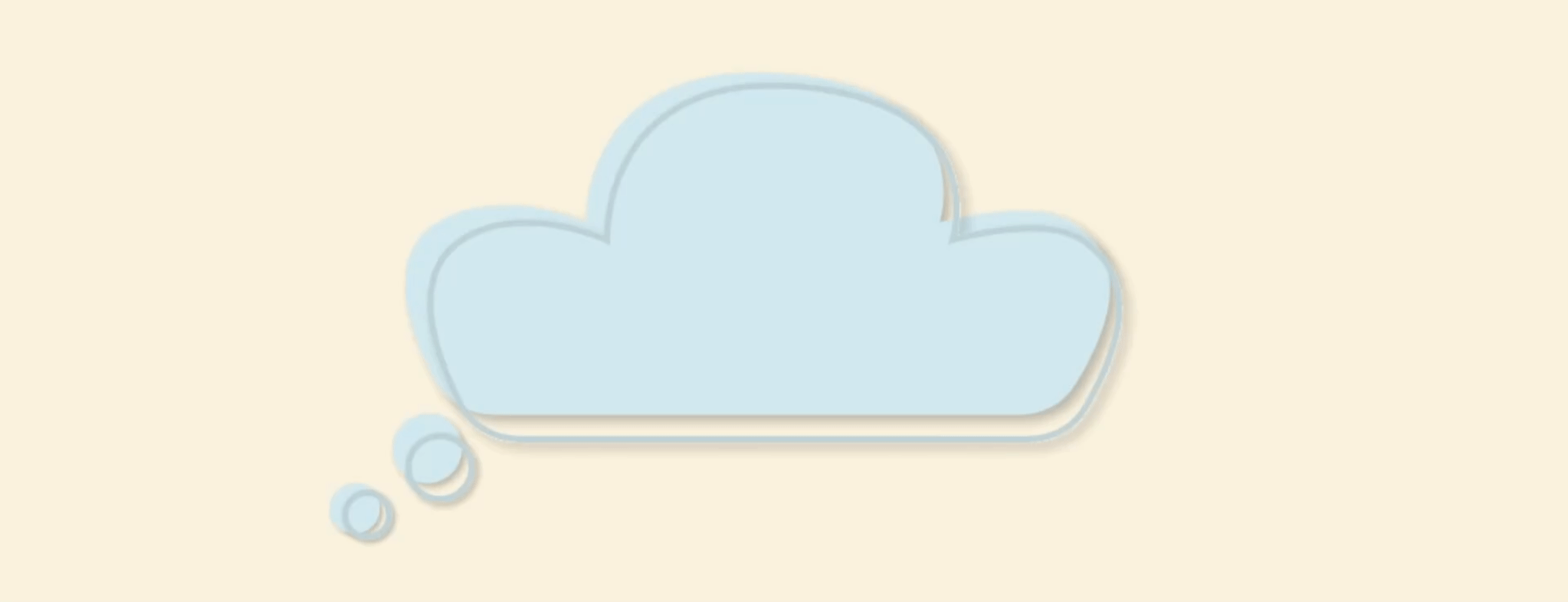
Always worried about doing something embarrassing
Being constantly paranoid that they will do something that results in negative judgement
Physical reactions
These will occur when you are in particular social situations or thinking about them
☁︎ Trembling
☁︎ Sweating
☁︎ Shortness of breath or a choking feeling
☁︎ Chest pain or tightness
☁︎ Dry throat or mouth
☁︎ Nausea
☁︎ Lightheaded or dizzy
☁︎ Chills or hot flashes
☁︎ Numbness or tingling
☁︎ Blushing

Safety Behaviors
When dealing with fear-inducing social situations, people with social anxiety most likely use subtle avoiding strategies, or safety behaviors, to make themselves feel safer

Removing themselves from the situation
(Finding a task to look busy, Finding an excuse to leave the room)

Avoid sharing personal information
(Asking the other person many questions to avoid focus on themselves, keeping the conversation on other topics, changing the subject)

Avoid drawing attention to themselves
(Standing outside the group, not saying much, avoiding eye contact)

Overcompensating
(Over-preparing for a presentation, Rehearsing exactly what they'll say in a conversation)

Distracting themselves
(Zoning out in efforts to not focus on the anxiety-inducing social situation)

Using alcohol or drugs
(Drinking in social situations to relieve anxieties)



Quick tips to help
☁︎ Ground and relax yourself through techniques like Breathing Exercises, Body Focus, etc.
☁︎ Shift your focus on others rather than yourself.
• Because social anxiety is based on the fear of being judged, by focusing on others rather than yourself (Be engaged in the conversation - ask questions, express interest in other person!), it can reduce feelings of social anxiety.
☁︎ Challenge your anxious thoughts
• What is the worst thing that could happen if this fear comes true?
• What would you say to a friend who had these feelings?
☁︎ Think about the situation from a different perspective. More positives!
• Ex: That lunch date is an opportunity to get to know the other person better. (It is not a test on your social skills)
• Ex: "I prepared well! I'm going to do my best which is all that I can ask for!"



Treatments
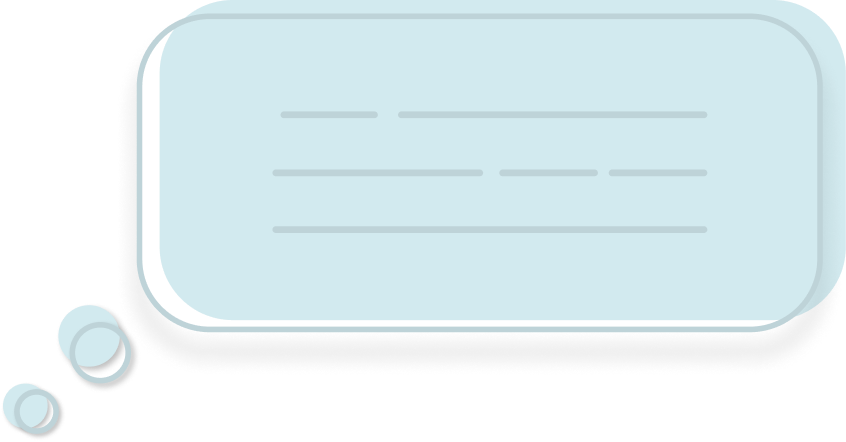
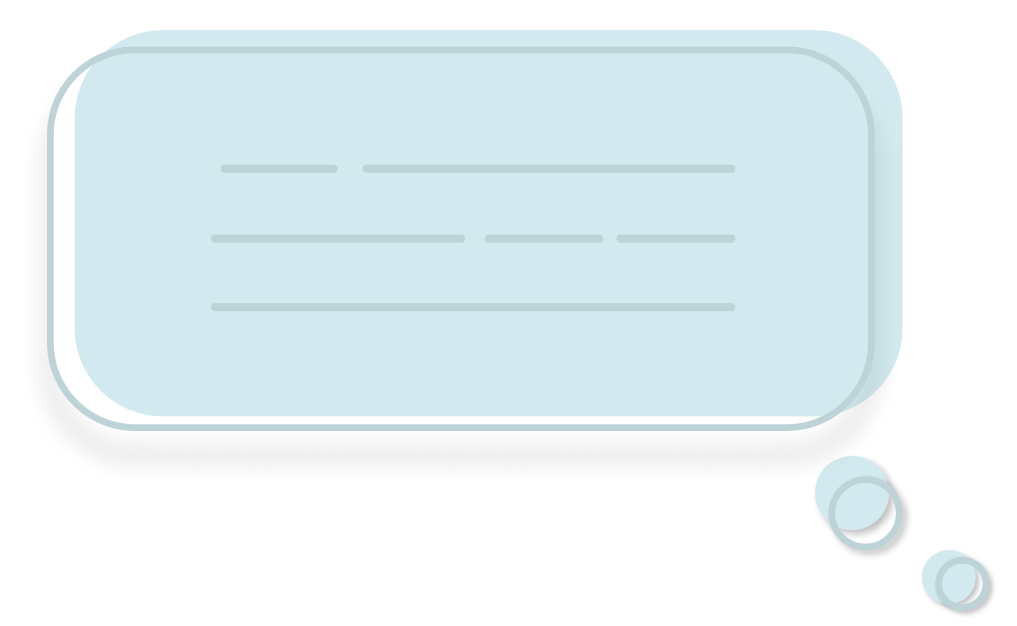


Disclaimer: Katagelo is solely an informational resource for social anxiety made by a designer, not a mental health professional. It is not meant to be an official diagnosis or treatment. Seek other Resources for professional help.
Not compatible on mobile!
Because of all the animations coded into this website, unfortunately Katagelo is not compatible on mobile devices or smaller screens. Please convert to a larger screen for best performance.